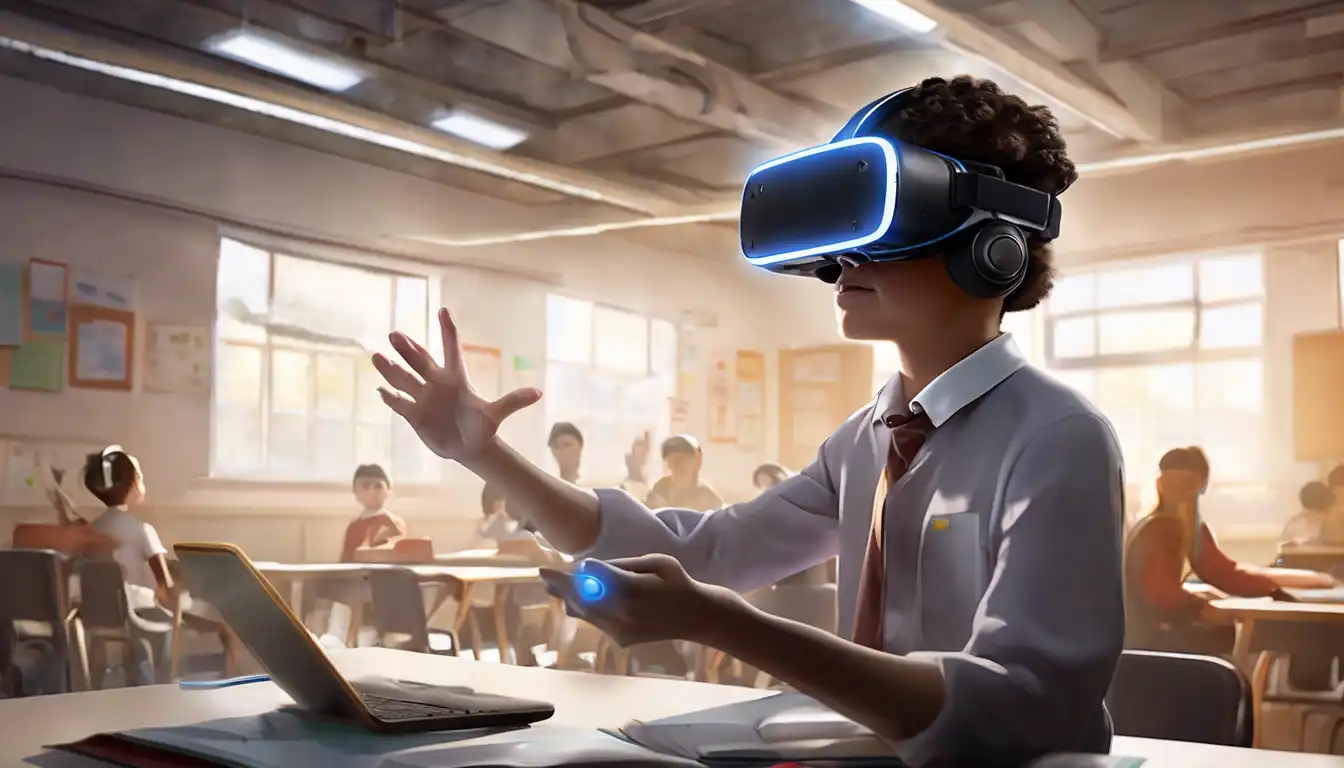The Transformative Impact of Virtual Reality on Learning and Skill Development
Virtual Reality (VR) technology has rapidly evolved from a futuristic concept into a practical tool with the potential to revolutionize education and training. By creating immersive, interactive environments, VR offers unparalleled opportunities for experiential learning, making it a game-changer in both academic and professional settings.
Why VR is a Game-Changer in Education
VR transforms traditional learning methodologies by providing students with immersive experiences that were previously impossible or impractical. For instance, history students can virtually visit ancient civilizations, while medical students can perform virtual surgeries, enhancing their learning without the risks associated with real-life procedures.
Enhancing Professional Training with VR
Beyond the classroom, VR is making significant strides in professional training. Industries such as aviation, healthcare, and manufacturing are leveraging VR to simulate real-world scenarios, allowing trainees to gain hands-on experience in a safe, controlled environment. This not only improves skill acquisition but also significantly reduces training costs and risks.
The Benefits of VR in Education and Training
- Engagement: VR's immersive nature captures learners' attention, leading to higher engagement and retention rates.
- Accessibility: With VR, geographical and physical limitations are eliminated, making education and training more accessible to a wider audience.
- Cost-Effectiveness: Virtual simulations reduce the need for physical materials and travel, offering a cost-effective alternative to traditional methods.
- Safety: VR provides a risk-free environment for practicing dangerous or complex tasks, ensuring learner safety.
Challenges and Considerations
Despite its potential, the adoption of VR in education and training faces challenges, including high initial costs, the need for technical expertise, and concerns over screen time. However, as technology advances and becomes more affordable, these barriers are gradually being overcome.
The Future of VR in Learning
The future of VR in education and training looks promising, with ongoing advancements in technology paving the way for more realistic and interactive experiences. As VR becomes more integrated into learning environments, it will continue to transform how knowledge is acquired and skills are developed.
For more insights into the latest trends in e-learning, check out our article on The Future of E-Learning.
In conclusion, VR holds immense potential to enhance education and training by providing immersive, engaging, and effective learning experiences. As we move forward, it's clear that VR will play a pivotal role in shaping the future of learning and professional development.
